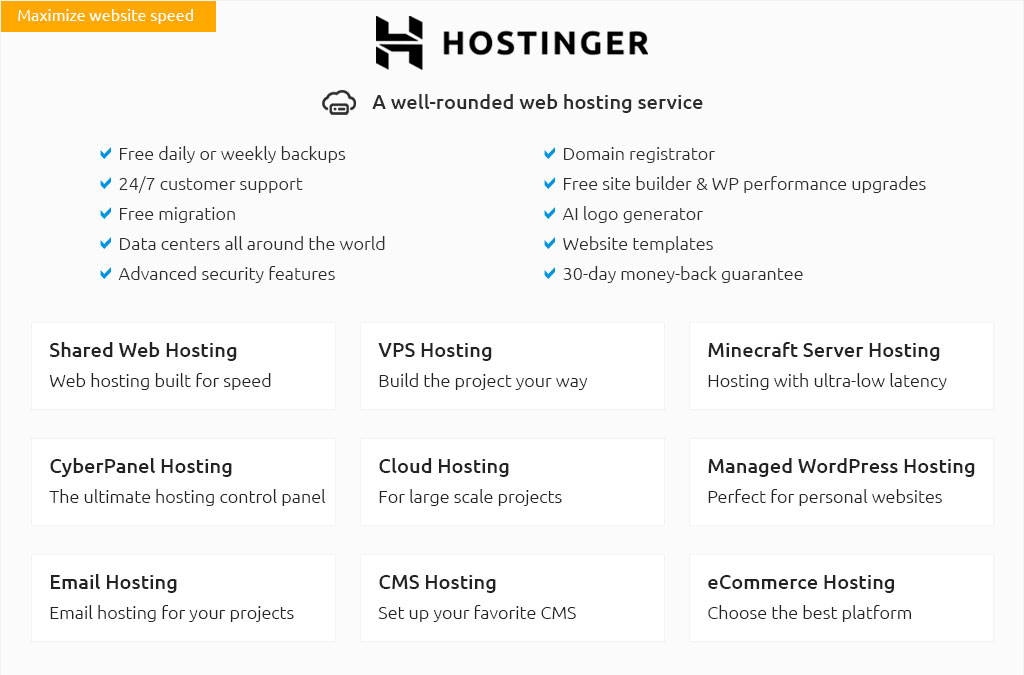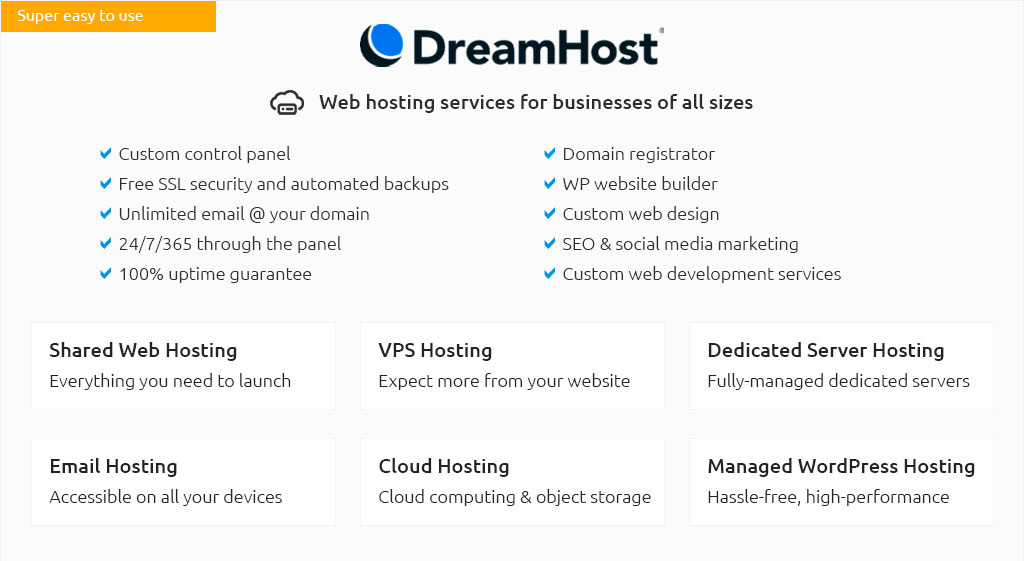 |
|||
 |
 |
 |
|
 |
|
 |
 |
 |
|||
 |
|||
 |
|||
 |
|||
 |
|||
 |
|||
 |
 |
How to Choose a Hosting Plan: A Comprehensive GuideChoosing the right hosting plan is a critical decision for any website owner. It affects your site's performance, security, and cost. This guide will help you understand the different types of hosting plans and provide tips to select the best one for your needs. Understanding Different Types of HostingBefore choosing a hosting plan, it's essential to understand the different types of hosting available. Shared HostingShared hosting is the most affordable option, where multiple websites share the same server resources. It is suitable for small websites with low traffic. VPS HostingVPS (Virtual Private Server) hosting offers more control and resources than shared hosting. It's a great option for growing websites that require more power and flexibility. Dedicated HostingDedicated hosting provides a server exclusively for your website. It's ideal for large websites that demand high performance and security. Cloud HostingCloud hosting is a scalable solution that uses multiple servers to ensure high availability and performance. Many cloud web hosting providers offer flexible plans to meet diverse needs. Factors to Consider When Choosing a Hosting PlanThere are several factors to consider when selecting a hosting plan. Performance and ReliabilityEnsure the hosting provider offers high uptime guarantees and fast server speeds to keep your site running smoothly. ScalabilityChoose a plan that allows you to easily upgrade resources as your website grows. SupportLook for a provider with 24/7 customer support to assist you with any issues. Security FeaturesSecurity is crucial, so ensure the hosting plan includes features like SSL certificates and regular backups. Cost ConsiderationsWhile budget is important, don't choose a hosting plan based solely on price. Consider the value you receive for the cost. Hidden FeesBe aware of any hidden fees that might increase your costs over time. Long-term ContractsSome providers offer discounts for long-term contracts. Evaluate if this aligns with your business strategy. Consider exploring cloud hosting servers that offer competitive pricing and features. FAQ
https://www.hostinger.com/tutorials/how-to-choose-a-web-hosting-provider
Most web hosts offer various hosting services, so make sure to do your research before choosing the right hosting plan for your website. Consider the price, ... https://www.dreamhost.com/blog/web-hosting-guide/
Your choice can impact your website's security, availability, and performance. Picking the wrong plan or web host could affect the growth of ... https://www.namecheap.com/support/knowledgebase/article.aspx/1138/22/choosing-the-right-hosting-plan-and-time-to-upgrade/
All web hosting plans have different features and offer different levels of resources. How do you select the right plan for you? A Shared hosting plan is by far ...
|